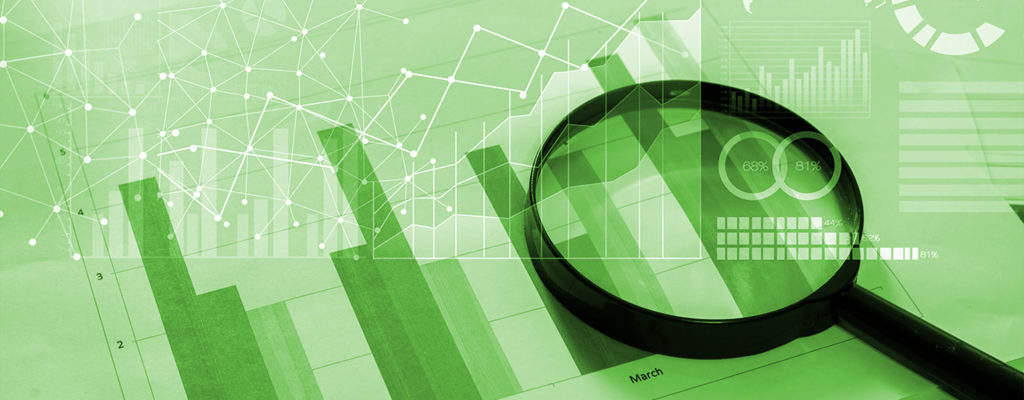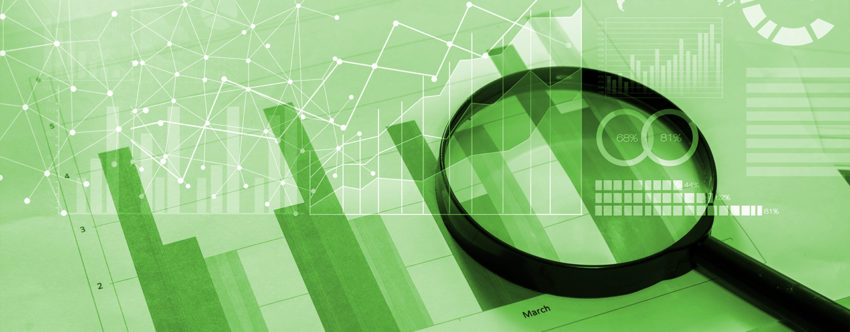
So far, 2019 has been a year of immense but behind-the-scenes change. When it comes to data collection, it seems like the world is spinning faster and faster. It’s hard to see all that’s going on. It’s not impossible, though. Through the mists of change, we can pick out three critical trends that are taking shape.
IoT- and AI-Driven Autonomous Marketing and Data Collection
More and more of the world’s population has connected to high-speed internet services. More and more people are using smartphones instead of ordinary mobile phones. Households are making smart speakers and other voice-control devices part of their furnishings. Even the houses themselves use ever-greater numbers of internet-connected appliances and fixtures.
The internet is being woven into the fabric of our lives at a rate never before seen. It’s also collecting unprecedented amounts of data. Marketers and sales teams can use that data.
Salespeople have always known what their customers need before the customers themselves do. This level of data collection puts a whole new face on that dynamic, though. Now hard data and AI-led analysis back that knowledge.
Deeper Customer Control Over Data Collection
The flip side to the previous trend is customer awareness of their own data.
Consumers are getting concerned about the ramifications of that information. Others know about their habits, likes and dislikes, and preferences. They’re feeling that it puts them at a serious disadvantage in the face of marketing efforts. They’re starting to demand more control over what about them is okay to know and share.
Witness the backlash against Facebook in the aftermath of the Cambridge Analytica scandal. Consumer trust in Facebook, especially among younger generations, has plummeted. Many users have switched to other social networks. Facebook owns some of the other more popular ones, so they can weather the storm for now. But calls to break them up along with other major tech companies are growing. It’s even become a platform issue for certain U.S. presidential candidates.
Governments are starting to make laws restricting how companies can use this data. The European Union’s GDPR has been the most influential so far. Any companies anywhere in the world that hope to do any kind of business in Europe must follow it, or face fines.
The future of this trend is greater customer-facing openness and transparency. Which companies are most likely to succeed in this environment? Those that give their customers the most control over what and how much data they’re permitted to gather.
Human Relationships Matter More than Ever Before
What’s the endgame of these trends? A shift towards a greater role for humanity in the sales process. This might seem backwards in the face of massive autonomous data collection. But it’s the contrast between the past and the future that matters.
Technology continues doing more of the prospecting and top-of-the-funnel work. That means the final parts of the sales process are going to be more important from a human perspective. Customers do like the convenience of not having to deal with many people to get things done. They appreciate the idea that someone cares about them more than an algorithm, though. Closing deals will rely on real relationships between companies and customers. People matter, and being able to talk to people matters. Companies that emphasize their humanity will excel.
If you want a summary of what the future of data collection looks like, it is this: customer service. Real, genuine service, too. Smart Funnel gathers and presents relevant data in an efficient manner. We make it easier for our clients to focus on relationships that will carry them forward into the future. Contact us today to access our marketing data collection services!


